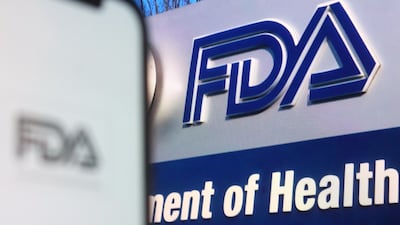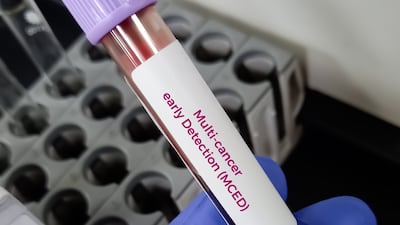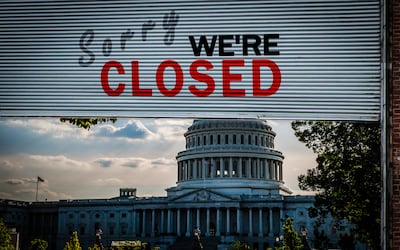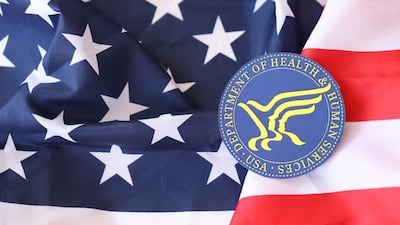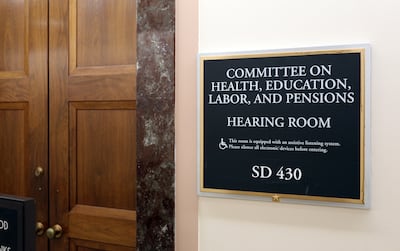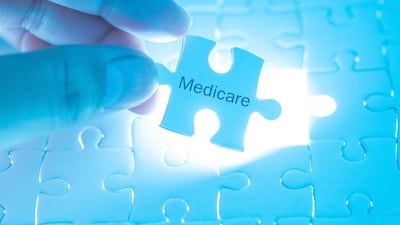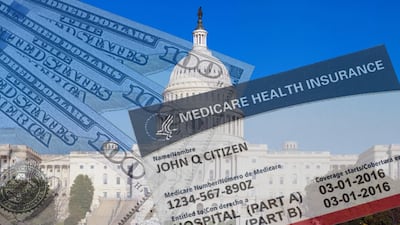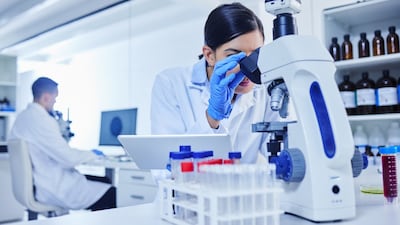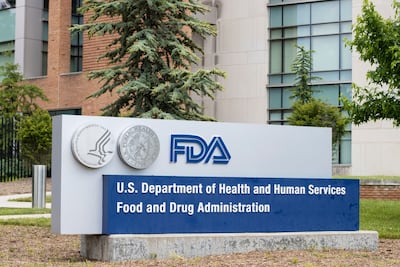Legislation
AdvaMed president Scott Whitaker said the group is focused on the need for tariff stability in conversations with the Trump administration. The organization remains optimistic about other policy areas. New chairman and ResMed CEO Mick Farrell laid out his five priorities.
As medtech moves toward 2026, experts highlight increased regulatory complexities, particularly around AI, cybersecurity, and device user fees. Urgent regulatory updates are needed to keep pace with rapid technology changes while ensuring patient safety and operational efficiency.
The FDA and medtech industry held multiple meetings last month to continue talks for the next round of medical device user fee amendments. Stakeholder priorities included resource planning, fee structure reforms, IT enhancements, international harmonization, and real-world evidence.
In this second of a three-part series, Medtech Insight spoke with three neuroethicists who raised concerns about privacy, patient safeguards and the need for comprehensive guidelines. These issues are becoming more pressing as BCI companies get ready to commercialize their products.
As requested by a pair of US senators, the GAO has published a report on how the FDA handles medical device recalls. The review found that the agency lacks the necessary staff and regulatory authority to process recalls safely and effectively.
Rapid advancements in neurotechnology intensify the need for clear regulations concerning neural data privacy. As these technologies evolve at unprecedented speeds, lawmakers, legal experts, and neuroethicists are increasingly focused on their societal impact.
A recent study demonstrates that certain types of blood-based tests that screen for multiple cancers at once have the potential to flip the script on cancer diagnoses, including some of the deadliest types.
But the Senate’s reduction would not be as much as the House of Representatives and President Trump proposed earlier this year, which is likely a win for the agency.
Nearly one year into leading their agencies, US FDA Commission Marty Makary and CMS Administrator Mehmet Oz took to the stage together at the Milken Institute’s Future of Health Summit 2025 to highlight what they see as progress and lay out plans for the road ahead.
Advocates spanning the spectrum of women’s health met in Manhattan to discuss the gender disparities that remain in healthcare and how public policy can correct them and the enormous ROI investors in women’s health can potentially reap.
During a Senate hearing on Oct. 29, stakeholders advocated for FDA reforms to boost U.S. biotech innovation amid growing competition, particularly from China. Key recommendations included enhancing AI use, improving clinical trial processes, and streamlining regulatory practices.
Some of the first manufacturers to receive Medicare coverage for their breakthrough devices through the Transitional Coverage for Emerging Technologies pathway praise CMS’ engagement and timelines in the process, despite some challenges around post-launch data collection.
Europe’s medtech sector is actively supporting the European Commission’s push to cut red tape in environmental legislation. By offering practical solutions, the industry aims to ease regulatory burdens that have hindered innovation and competitiveness while maintaining patient safety.
Spain is drafting a new digital health bill that aims to ensure the country is ready to implement the European Health Data Space Regulation.
Bipartisan legislation pending in the US House aims to get FDA-designated breakthrough medical devices to patients with Medicare coverage more quickly.
AdvaMed has praised CMS’ Rural Health Transformation Program, which will allocate $50 billion over five years to enhance rural healthcare. States can apply for grants by Nov. 5 to develop sustainable healthcare systems and improve patient outcomes.
Roche’s scanners have been integrated with PathAI’s AISight Dx system. The system’s FDA-cleared PCCP allows new components to be validated and integrated without additional FDA clearance. Eric Walk, chief medical officer, hints at future biopharma companion diagnostic collaborations.
A recent conference panel discussed the stagnation in diagnostics regulation, highlighting the FDA's failed regulatory efforts on lab-developed tests. Political and legislative challenges hinder other reforms, and concerns over Medicare reimbursement cuts loom for the clinical lab industry.
EirMed CEO Richard Houlihan warns that EUDAMED (the European database on medical devices) publication delays may harm medical device manufacturers. Currently, only a fraction of the required uploads have occurred, creating potential compliance risks as the mandatory deadline approaches.
Just a year and four months after publishing a final rule that would have allowed it to regulate laboratory developed tests as medical devices, the US FDA has rescinded the controversial measure, finally putting an end to the saga.



